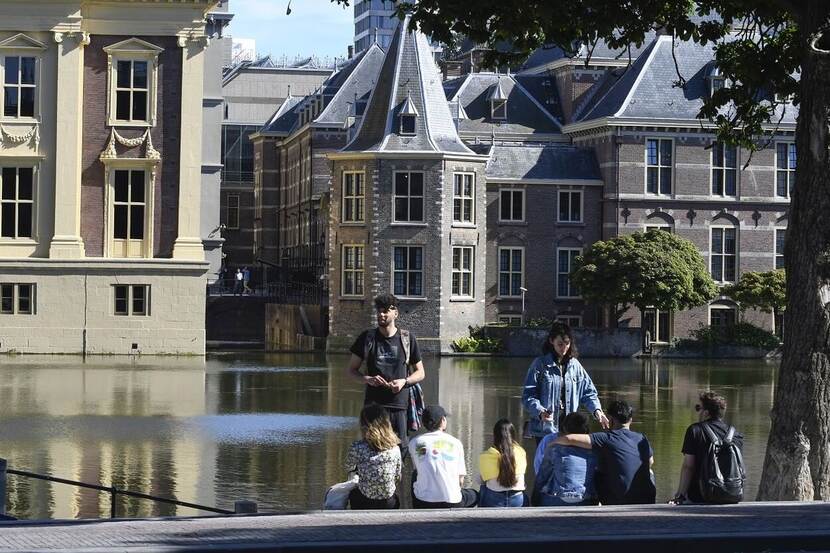Does the political system represent everyone?
A study of perceived representation, trust in institutions and political participation among people with a migration background.
Authors: Jaco Dagevos en Floris Vermeulen (UvA). Contributors Nella Geurts (Radboud University), Jurjen Iedema, Ruşen Koç and Niels Spierings (Radboud University)

Our democracy functions optimally when everyone is able to participate, is heard, is represented and feels this to be the case. But does our political system actually represent everyone? Politically active citizens who take an interest and who are listened to are rarely representative of the population as a whole. The inequality in participation, representation and influence is selective and benefits persons and groups who are better off. This can result in a vicious circle. The problems faced by voter groups who participate less receive less political attention. This strengthens the feeling of not being heard and seen, which in turn widens the rift people experience between themselves and politics and further decreases political attention. In current Dutch politics, having completed vocational education, which is linked to a certain income position, and/or having a specific migration background reduces political participation and perceived of political influence.
Against this background, the present study looked at perceived representation, trust in institutions and political participation among people with a migration background. We especially studied people from outside of Europe and their children (the first and second generation). The study examined 1) to what extent people with and without a migration background differ from each other; 2) which factors help explain perceived representation, institutional trust and political participation; and 3) to what extent these three issues are interlinked. We used survey data, organised focus groups and held individual interviews.